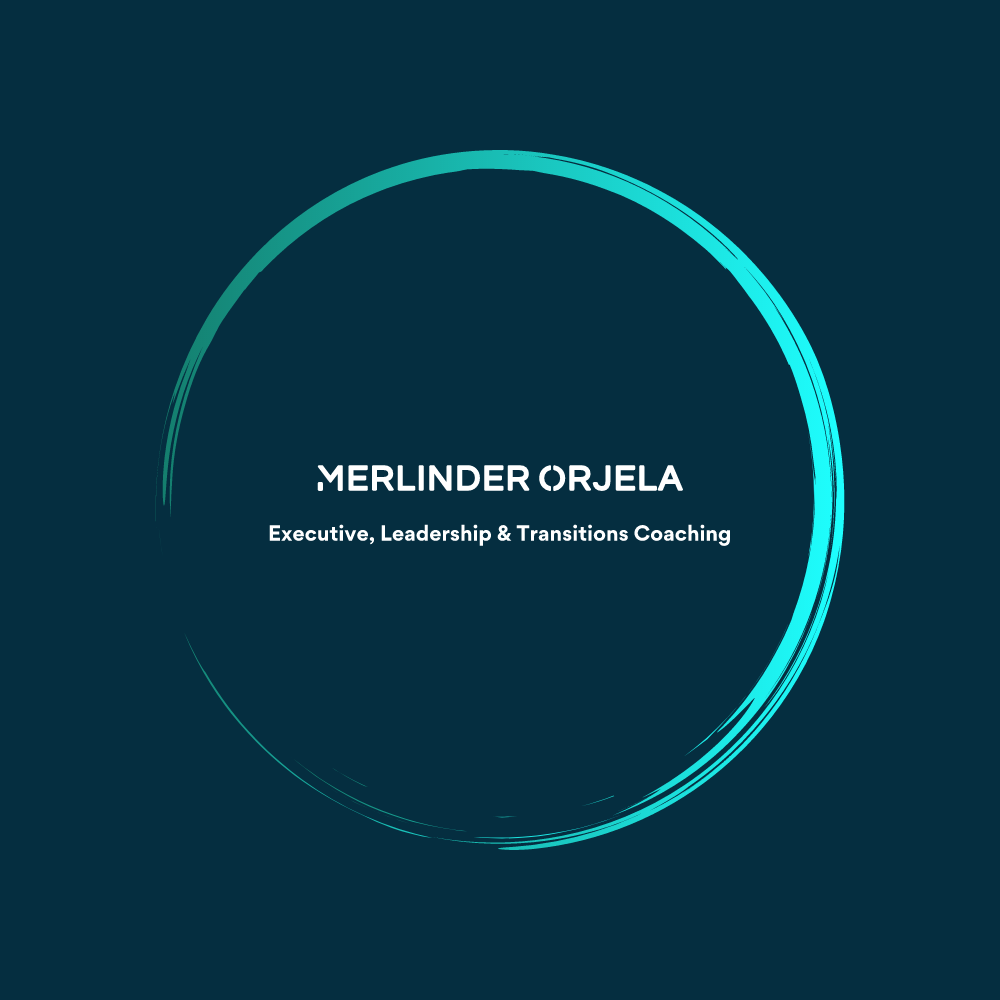Values in Conflicts - Part 1
Conflicts are defined as a clash of interests, looking at a conflict from the perspective of people’s values helps understand the drivers and concerns, the intention is to then use this knowledge to resolve the dispute.
When there is a conflict there is often a need not being met, there are models which look at these needs and the absence of them being a threat (such as SCARF: Status, Certainty, Autonomy, Relatedness & Fairness), these are helpful at identifying parts of a conflict, however they are quite broad. Values look at more specific, nuanced and often multiple or accumulative pieces coming together, they are also more individualized, and people know or can identify what values are coming up or not for them more easily as it is what is important to them (although they probably fit into the SCARF model if you think about it).
Values can be useful in managing a conflict, when you are part of the conflict but also if you are trying to resolve this as a mediator, manager, leader, HR, parent, coach, teacher, or anyone else attempting to resolve a conflict and remain neutral to facilitate the process.
Internal process:
The process starts with knowing yourself and what values are at play for you in this specific situation, weather you are part of the conflict or trying to mediate it, that self-awareness is important and taking the time to reflect at different stages as things arise is key.
Knowing your own values and how they are presenting in situations is helpful in terms of managing the situations and yourself. It can also support in clearly communicating your perspective, responding vs. reacting to a situation and looking at the big picture instead of getting caught up in the conflict or the parts which are annoying or frustrating to you.
When looking at a situation with conflict, what presents might link into your values that come up in your daily life, or you live or want to live by, these might be very clear in terms of the situation is against your values, there is a need not being met or it might be that they are more nuanced or specific to the situation. An example of this could be respect, which could come up as one of your top values you live by in terms of treating others with respect and expecting it in return, or not. It could be that in a specific workplace environment, respect is more pronounced as you see yourself as an expert in your field, which could be more a value around being knowledgeable or giving valuable input. Either way, the more knowledge you have, the better able you are to express yourself, understand and ultimately look at that value in terms of a need not being met, what’s important and how to resolve the conflict.
As a mediator looking at your own values helps remain neutral and see which of your values might be coming up when hearing about this conflict from either side. If you are not remaining neutral, you are not mediating and probably adding to the problem.
Part 2 will look at how to use the values to resolve a conflict, bringing in more external factors.
If you have not identified your values already, this article might help: https://www.merlinderorjela.com/articles/how-to-identify-your-values

